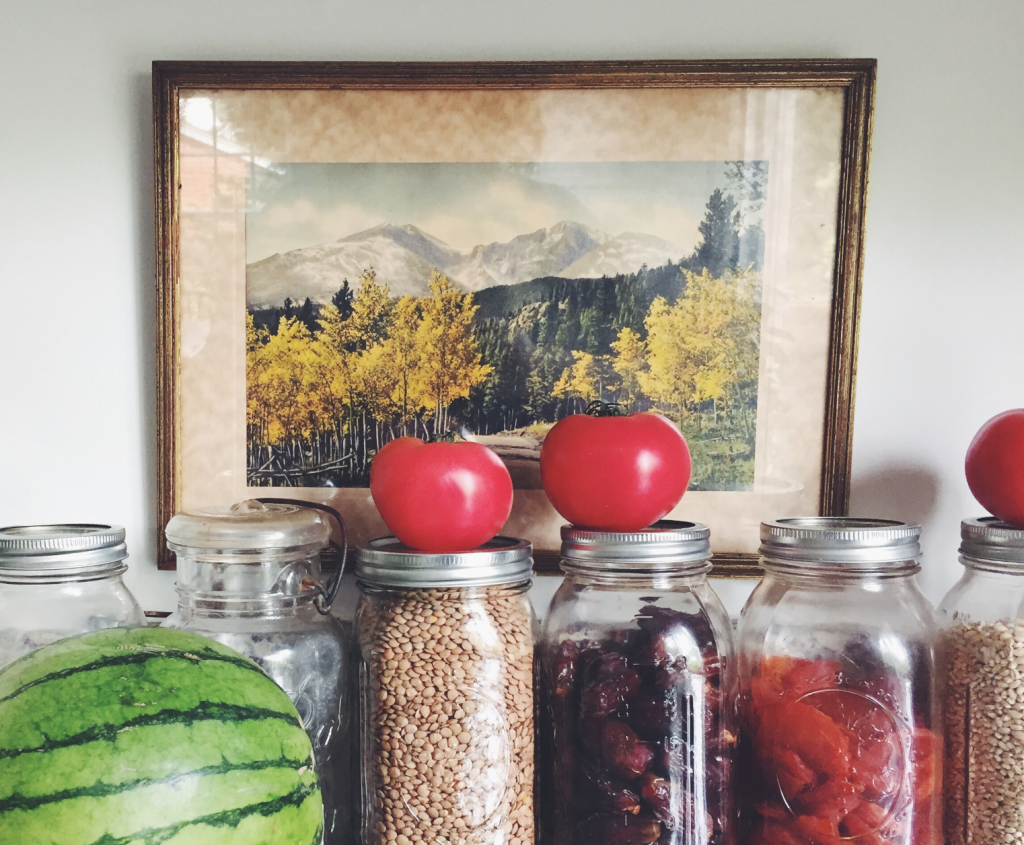Gone Fishing for Hope
I know this post will feel like whiplash after the last two posts and I don't mean to do that to you. But this morning I read Psalm 127 and it's sticking to my gut in an uncomfortable way. It's sticking to my gut in a way that confirms some things that have been otherwise floating around: Unless the Lord builds the house, those who build it labor in vain. Unless the Lord watches over the city, the watchman stays awake in vain.
It is in vain that you rise up early and go late to rest, eating the bread of anxious toil; for he gives to his beloved sleep.
Behold, children are a heritage from the Lord, the fruit of the womb a reward. Like arrows in the hand of a warrior are the children of one's youth. Blessed is the man who fills his quiver with them! He shall not be put to shame when he speaks with his enemies in the gate.
I read it through twice, three times, and then a fourth. I am no stranger to this Psalm, I know it to near perfect memory. As I read it this morning though, I pictured my life in it in a way I never have before. Until I owned a house, felt the danger of a city, lost the fruit of my womb, and had enemies, it was easy to picture this Psalm as it was sung in ancient days, but not these days, not my days.
Today though, I see my home in Denver, the financial loss we took on it. I see the gunman shooting six times into the police-officer on the ground in my new city. I see the year now of sleepless nights, learning to share a bed, putting a night person and a morning person on a similar schedule, waking with a new puppy every hour to few hours, a husband who rises in the four o'clock hour most mornings. I see the two tiny humans we lost in unceremonious ways, gushing away from my womb, out of our quiver, into their watery grave. I see enemies, accusations against me, us, our small family, our decisions. This Psalm infiltrates the fibers of my life this year and leaves nothing untouched.
. . .
Being a child of divorced parents left a undeniable impression on many, many, many things. One of which is I decided if the Lord ever gave me the gift of marriage I wouldn't wait until our marriage was in trouble to get marriage counseling.
So, almost a year to the day of our wedding, we met with a counselor last night for nearly two hours. The first thing we said was, "We know you're not our Savior, we just need help processing all of this." We were a deluge of facts, bulleting down a list of All The Things. We sat close to one another and adored and loved one another not one iota less than a year ago, but with a heck of a lot more weight to all of it. We spilled it all. And at the end of it he said, "I'm wondering something: do you guys know how to feel emotions?"
I pictured the silly magnet on my Gram's fridge when I was little for a minute. The grid of different faces we now call "emoticons" (as though our generation invented the smiley face...) with a "Today I'm Feeling..." title in some eighties version of Comic Sans. And I thought to myself, I don't know how to feel anything except exhausted.
We said no. No, we don't.
. . .
My personal challenge for this month is to Engage Emotions, but all this month has taught me is that I have no earthly idea how to engage anything. I'm like a whack-a-mole with my heart: the moment something foreign or heavy or scary or angry pops up, I pound it back down before it takes over with a force I can't fathom. But I'm so angry. I am. I'm not angry like a raging fury, I'm angry like a rolling storm over a Great Lake, picking up rain and force as it comes.
I'm not angry at a specific person or even God, but I'm angry that two barely married kids were thrown into situations we had no idea about. I'm angry that Nate's contract wasn't renewed only a few months after getting married and a month after buying a house. I'm angry that in the face of all the stress my body couldn't hold two new barely formed babies. I'm angry that a hundred applications and demoralizing interviews left us with only one offer—on the other side of the country. I'm angry that there is evil in the world and I saw it and now every siren and suspicious person ushers in a low grade anxiety. I'm angry that our house was worth what we had it listed for, not a penny less, and we ended up losing so much on it because we couldn't float lives in two different states. I'm angry that my husband's heart has been having issues for months. I'm angry that I haven't gotten a full night's sleep in a year. I'm angry that I went to the doctor yesterday and listed out all the things and she said, "Sleep is going to be one of the most important things you can do to heal and restore your body."
I'm angry because God's word says He gives His beloved rest and all of this makes me feel like I am not His beloved after all.
But I'm angry, like I told our counselor yesterday, in a standoffish way. As though I'm viewing an intricate painting in the National Gallery or a complicated sculpture or a biopic. That's someone's life but not mine. I feel angry on behalf of the girl I was a year ago and the girl I left behind somewhere along the way.
Today I shared a bit of that with some friends and fellow writers and one said, "I have often marveled at how detachedly you write about all you're going through on your blog. Now I see from what the counselor says how you do that! Seriously, though, I wonder if writing about all this for the public while in the middle of it serves to exacerbate the emotional distancing. Writing inherently distances us from our inner life simply through the process of externalizing and reifying it. I wonder if this might contribute to that kind of detachment."
She said the words Nate and I have been thinking and talking about for a while. And for one moment, it felt like permission to do what we've been talking about: putting Sayable on hiatus. To learn God's word is about God and for those back in ancient times, also it is about and for you, and it is also for me. For my weak heart and disengaged emotions. For my inability to feel anger or sadness or frustration or joy for myself, for fear of what it might say about the Holy Spirit inside of me.
So friends, for the sake of my marriage, my home, my heart, and my love for the Lord, I will be putting Sayable on hiatus for a few months. I don't know how long a few months is, it could be two, it could be six. It may seem easy to write about emotions and mourning and decision making as deeply as I do here, but it takes a lot out of me in all honesty. It takes a lot of me. Part of my problem is I've begun to write for you instead of writing for Him, and I've been brutally honest with you, but struggled to bring my everything and my nothing to Him.
I cried hard today while writing this and it was the most cathartic thing I've done in a year. I know it is the right thing to do. I will miss you, but I miss my heart more.
I need the Lord to build my house, otherwise all my labor is indeed vain.















